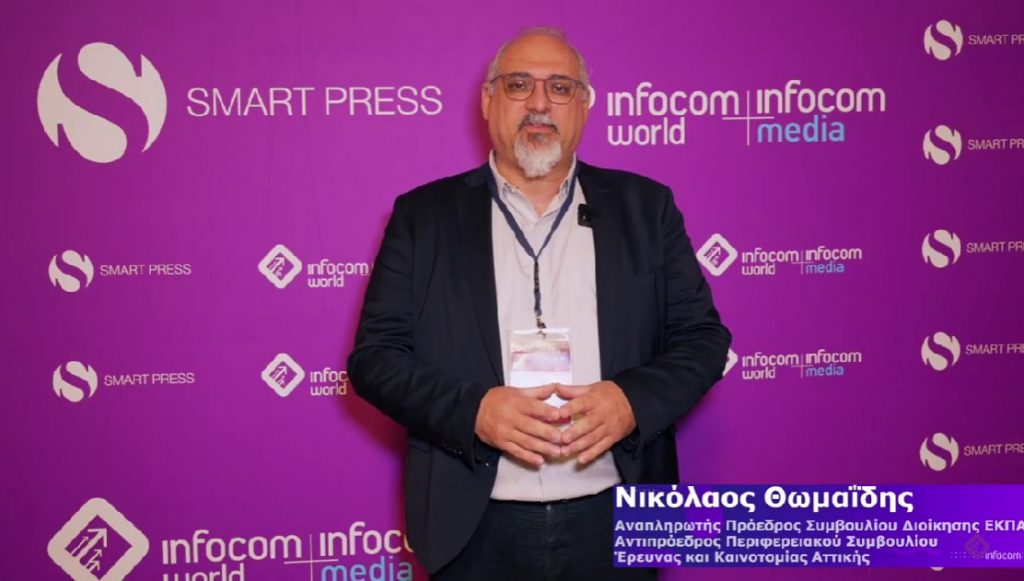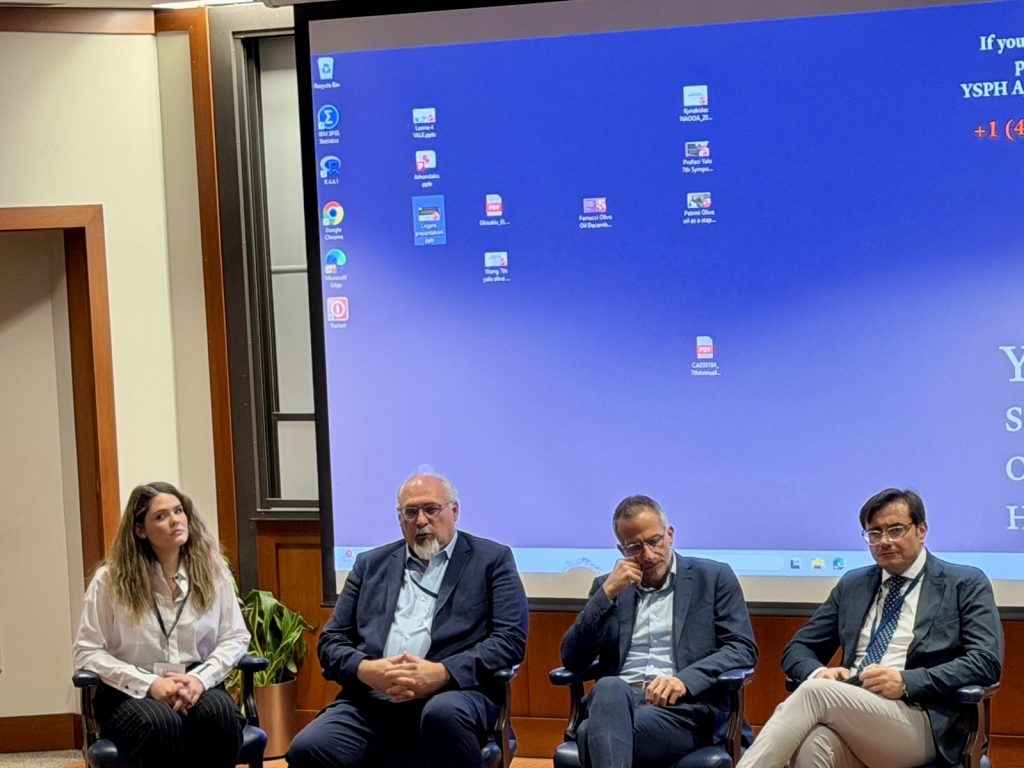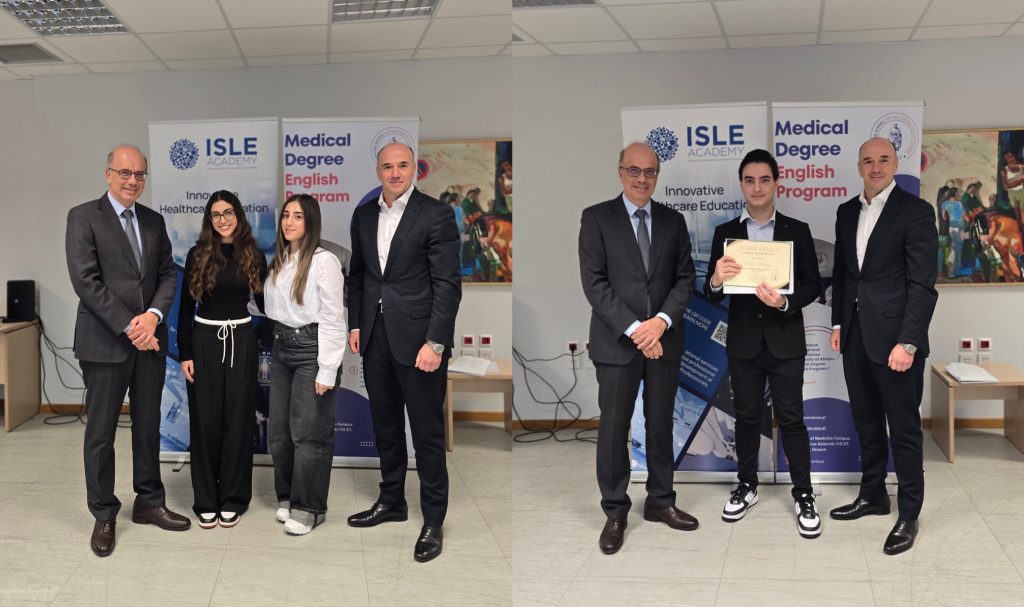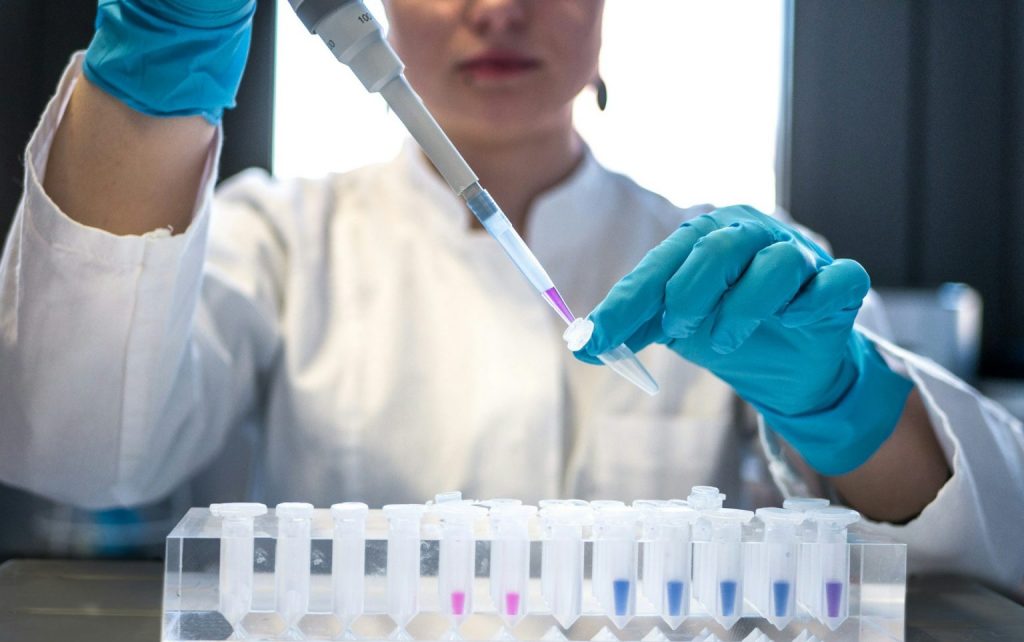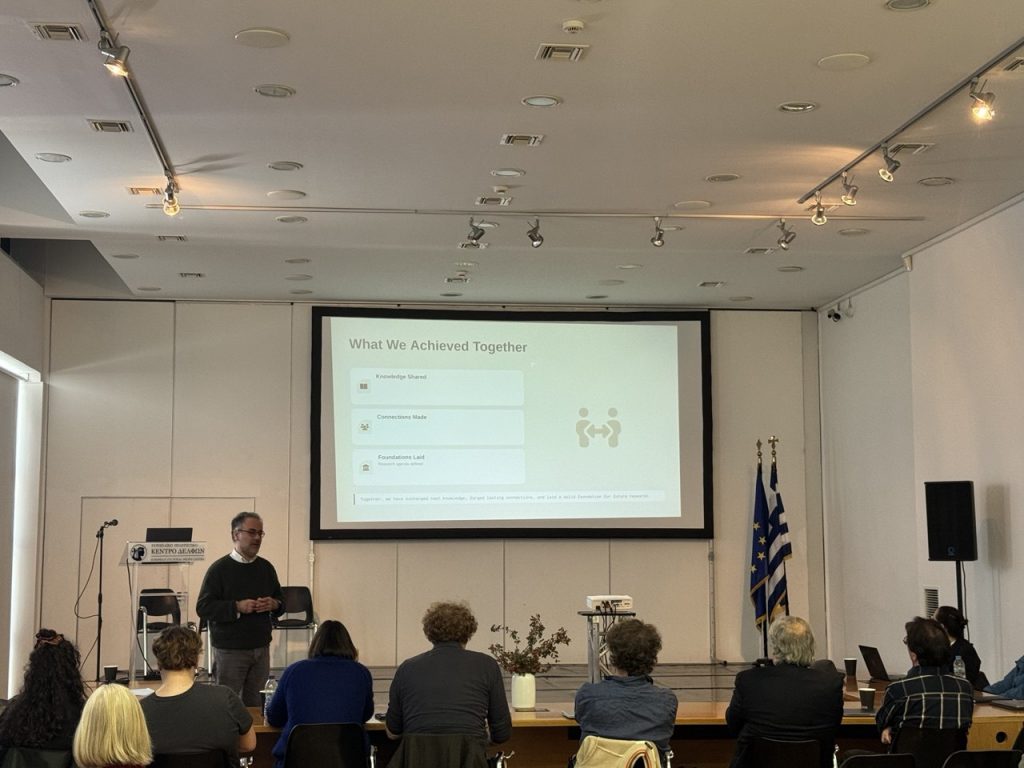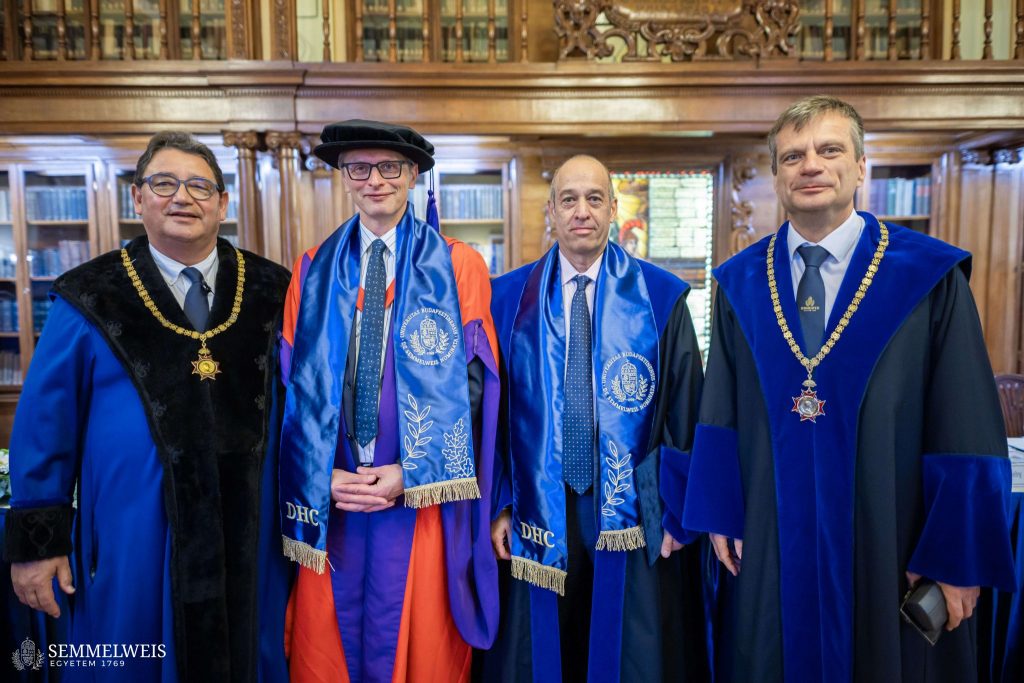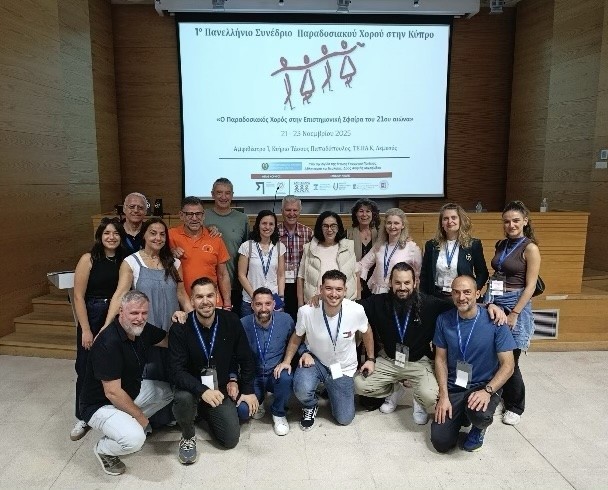The REGAIN clinical trial, the results of which were recently published in Nature Communications (full publication here), is the first clinical trial aiming at the regeneration of cochlear hair cells in patients with mild and moderate sensorineural hearing loss by intratympanic injection of the experimental drug LY3056480 (a γ-secretase inhibitor). The study was funded by the European Union’s Horizon 2020 research and innovation program (Grant Agreement No 634893) and was carried out by a consortium of three clinical partners in the UK (UCL), Germany (University of Tübingen), and Greece (NKUA), and the pharmaceutical company Audion Therapeutics. The research team of the 1st Otolaryngology Dept. of NKUA consisted of Agrapida Lambrini, Katerina Vardonikolaki, Eleftheria Iliadou, Dimitris Kikidis, Nikos Markatos, Kostas Pastiadis, and Thanos Bibas.
Participants in the clinical trial were between 18 and 80 years old, from the UK, Germany and Greece, and had mild to moderate sensorineural hearing loss. The Phase I trial, which showed that the treatment was safe and well tolerated, enrolled 15 patients, while 44 patients took part in the Phase IIA trial designed to see if the drug was effective. Participants received three intratympanic injections of the drug in one ear, and their hearing was tested with a series of audiological tests before and after taking the drug (pure tone audiometry, including ultrahigh frequencies, distortion products otoacoustic emissions, and speech-in-noise audiometry).
The study did not meet the pre-registered primary and secondary outcome measures, such as improvement in hearing scores on tonal audiometry 12 weeks after completion of treatment. However, exploratory data analysis showed that some patients showed positive changes in some of the audiological tests performed. In addition, this first clinical trial generated important lessons for the design and implementation of future early phase clinical trials for hearing rehabilitation.
In REGAIN we sought to include patients with sensorineural hearing loss likely due to loss of outer hair cell loss in the cochlea. Current audiological tests do not allow differentiation between the phenotypes of sensorineural hearing loss and, therefore, the heterogeneity of our patient population in terms of the underlying molecular mechanisms of their hearing loss may affect the outcomes of specific treatment approaches.
Our study has already attracted the interest of the international scientific community and is currently ranked in the 98th percentile of similar-age articles in all journals and in the 95th percentile of similar-age articles in Nature Communications, and its results are reproduced in numerous publications in the international press.






